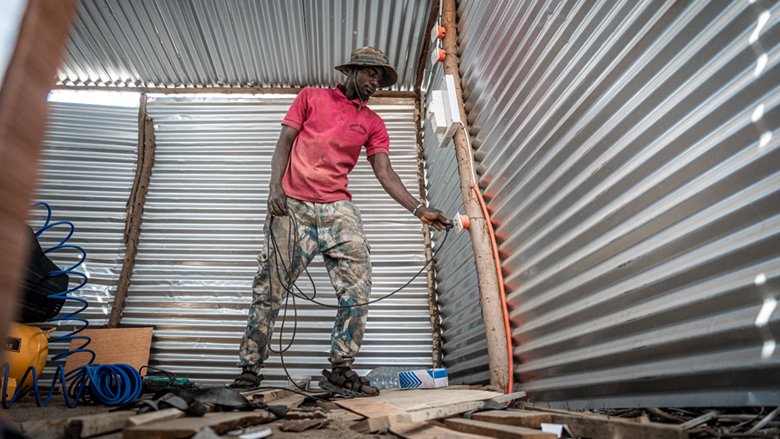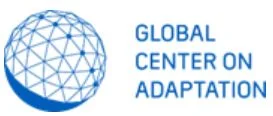Seating in her bedroom in Ndorong Serere, a village located 100 kms from Senegal’s Capital Dakar, Khady studies her natural science textbook under the steady glow of an electric lamp.
Her dream of becoming a doctor fuels her focus, the conditions around her now match her aspirations. Just weeks ago, the scene was starkly different – she had to ration her flashlight batteries carefully, limiting her study time each evening and often struggling to complete her homework before the batteries died completely.
“I can now study my lessons in better conditions at night”. Khady attributes her recent academic progress not only to her teachers and her commitment but also to the arrival of reliable lighting. “Last year at this same time, I had a grade of 10 in natural sciences. This year, I have a grade of 17,” she says with a proud smile.
Bridging the energy divide
Khady's story reflects Senegal's broader journey toward universal electricity access. The country has made significant strides, with a national access rate of 84% according to government sources. This progress has transformed millions of lives, yet the journey is far from over. While urban areas enjoy near-universal access, over 30 % of rural communities remain disconnected from the grid.
 For Ndorong Serere, the arrival of electricity has been a catalyst for transformation. Djaraf, a skilled carpenter, is one of the many who seized new opportunities. “I learned and practiced carpentry at 10 kilometers from Ndorong Serere, but when electricity came to this locality, I didn't hesitate to return and open my first carpentry workshop,” he explains.
For Ndorong Serere, the arrival of electricity has been a catalyst for transformation. Djaraf, a skilled carpenter, is one of the many who seized new opportunities. “I learned and practiced carpentry at 10 kilometers from Ndorong Serere, but when electricity came to this locality, I didn't hesitate to return and open my first carpentry workshop,” he explains.
“I can now study my lessons in better conditions at night”. Khady attributes her recent academic progress not only to her teachers and her commitment but also to the arrival of reliable lighting. “Last year at this same time, I had a grade of 10 in natural sciences. This year, I have a grade of 17,” she says with a proud smile.
Bridging the energy divide
Khady's story reflects Senegal's broader journey toward universal electricity access. The country has made significant strides, with a national access rate of 84% according to government sources. This progress has transformed millions of lives, yet the journey is far from over. While urban areas enjoy near-universal access, over 30 % of rural communities remain disconnected from the grid.












